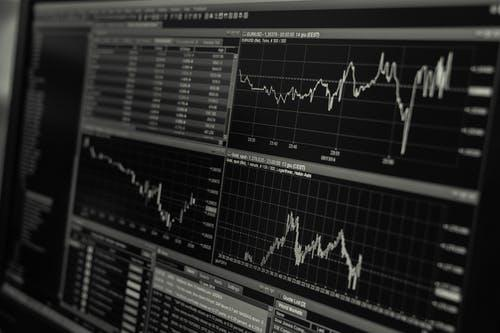CFD (Contract For Difference) is a contract for the difference in prices. The sale or purchase of a financial instrument by CFD does not imply the documentary registration of rights to it (i.e., of course, you have the right to the concluded contract, but you do not have the rights to the subject of this contract). CFD trading is a very interesting instrument that attracts numerous traders.
That is, if you, for example, entered into a CFD contract for the purchase of 1,000 Microsoft shares, you will not become their owner, and these shares will not be transferred to you. Why, then, make such a deal?
In fact, everything is very simple — the transaction is made only to get the price difference. And this, in turn, is done either for hedging or speculative purposes. If you are not a long-term investor and your goal is only to make more money in a limited period by buying at a lower price and selling at a higher price, then why do you need to register your shares?
After all, it is much easier to buy a couple of CFD contracts on some shares in the hope of an increase in the price, and when the price grows up, close them with a profit that constitutes the difference in the closing and opening prices minus a small broker’s commission. That
being said, note that you do not have to spend money on inclusion in the register of shareholders and other exchange fees for access to the market.
Contracts for differences appeared relatively recently, in the 90s of the last century. Initially, they were focused exclusively on stocks, but now their underlying asset can be stock indices, currency pairs, cryptocurrencies, and other basic financial instruments.
CFD is a good possibility to earn some money. First, you need to learn more about Forex trading to know to forecast the stocks. It is available for people from all over the world, from Japan to America, to England, to South Africa.

